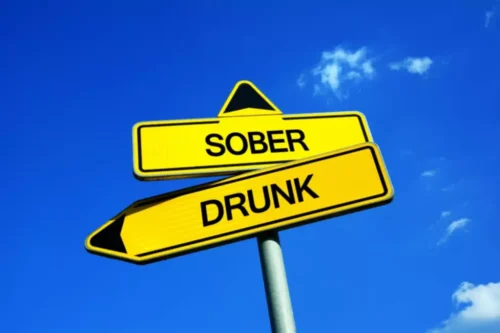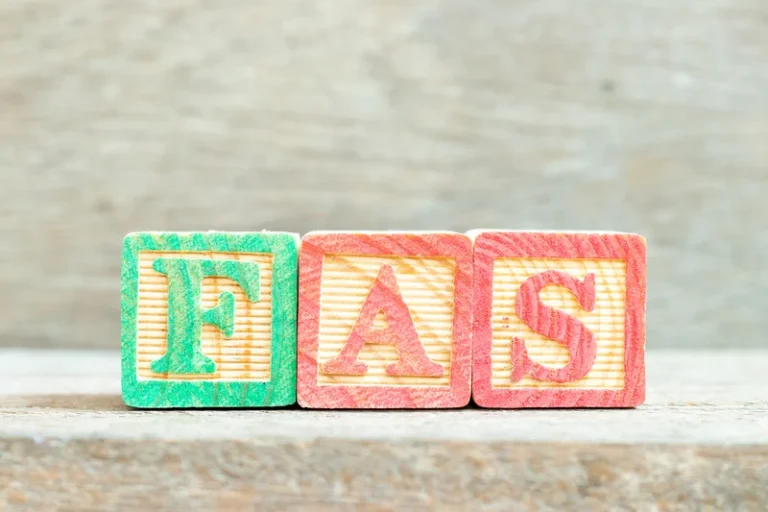Signs of Addiction to Watch For

By opening up to the pain that accompanies the loss, you are allowing yourself to feel. Most importantly, don’t keep your grief hidden from those who care about you. Being able to talk about the loss and the hurt you feel opens up the door to invaluable support. If you slip up on some of the commitments you make to yourself during this time, it’s okay, and you can continue moving forward without being too hard on yourself. What’s most important as you learn how to let go of an addict you love is simply to do your best. Enabling an addict refers to behaviors or scenarios where you’re removing consequences from the behaviors of the addict.

Loving the Addict While Hating the Addiction
Calmly tell them that what they’re doing is not OK, and disengage. Setting boundaries can be difficult, but it’s sometimes the only way to preserve a relationship with someone dealing with substance use disorder. It’s also important to manage expectations for yourself and other family members.

Learn When to Let Go
If you’re conducting an intervention, show them a few treatment options. Alcoholics Anonymous (AA) is a 12-step peer group support program for people with alcohol use disorder. Narcotics https://ecosoberhouse.com/ Anonymous (NA) is a similar program built on the same 12 steps for people addicted to drugs. An intervention is a structured encounter that addresses an addicted person’s issue.
Group therapy
Or they may engage in behaviors that suggest a possible addiction to certain actions, such as having an addiction to gambling, shopping, or sex. Addiction can affect a person in several ways, leaving “clues” or signs that an issue may exist. These signs may appear in the form of engaging in certain behaviors, some are physical signs or symptoms, and others are present in one’s emotional or mental states. Unlike most addictions that require sobriety, love addiction requires learning moderation.

This may set a precedent for creating an environment where their negative behavior can continue to go on unchecked. In fact, detaching can sometimes be the best way to preserve the relationship. There’s no judgment or blame here — a private therapy session is a safe place for stressed family members to talk openly and work through issues. These silences and blame games can hold a family back from getting help.
- An intervention is a structured encounter that addresses an addicted person’s issue.
- Addiction not only involves the individual suffering from the substance use disorder, but their partner, their family, and their friends as well.
- While it’s normal to miss someone you love, experiencing intense anxiety, depression, or physical symptoms when you’re not with them is a sign that your attachment has crossed into unhealthy territory.
- Find 8 tips below for how to balance supporting the positive health behaviors of your partner, while also taking care of yourself.
You find yourself rummaging through other people’s medicine cabinets in search of drugs. Those who are high also display perceptual disturbances, problems with attention, disrupted thinking patterns and easy confusion, as well as difficulties relating to others. When you’re trying to love someone with an addiction, no matter what they tell you, their addiction comes first.
Educate yourself on substance use disorders and available resources. By doing this, you are not only empowering yourself to make well-informed decisions, but you are also ready and equipped with information when your partner decides they are ready to seek help. Take our free, 5-minute substance abuse self-assessment below if you think you or someone you love might be struggling with substance abuse. The evaluation consists of 11 yes or no questions that are intended to be used as an informational tool to assess the severity and probability of a substance use disorder. The test is free, confidential, and no personal information is needed to receive the result. In people with addiction, dopamine receptors activate and tell the brain that drugs are rewards.
Loving an Addict: How To Help An Addicted Loved One
Family members may not have the tools on their own to assist someone in active recovery, and they may not have the energy to help themselves. They also provide a community of empathetic and like-minded people. AA and NA are free to attend and require that someone only have the desire to stay sober to participate. Customer Reviews, loving an addict including Product Star Ratings help customers to learn more about the product and decide whether it is the right product for them. Discover additional details about the events, people, and places in your book, with Wikipedia integration. Asking a friend for help in some small aspect of your care is often a comfortable first step.
This isn’t to say that you should excuse lying, only that you should understand where it’s coming from so you can take it a little less personally and avoid getting sidetracked by pain and resentment. Instead, keep the lines of communication open, but set clear boundaries that protect you and them, and that encourage a turn toward treatment. There are both physical and behavioral clues that someone might be experiencing a problem with substance use.

Signs of Specific Addictions
Connecting with peers can help, particularly if families use a well-established, trusted program like Al-Anon or Alateen. The goal of these programs is to provide help for families of those living with addiction. They also provide a safe, nonjudgmental space where family members can learn, discuss and cope with an addiction unfolding in their midst. In 2019, about 5.3% percent of Americans aged 12 and older had an alcohol use disorder, the clinical term for an alcohol addiction. Furthermore, as of 2020, 13.5% of people aged 12 and older reported using an illegal drug within the past month.
